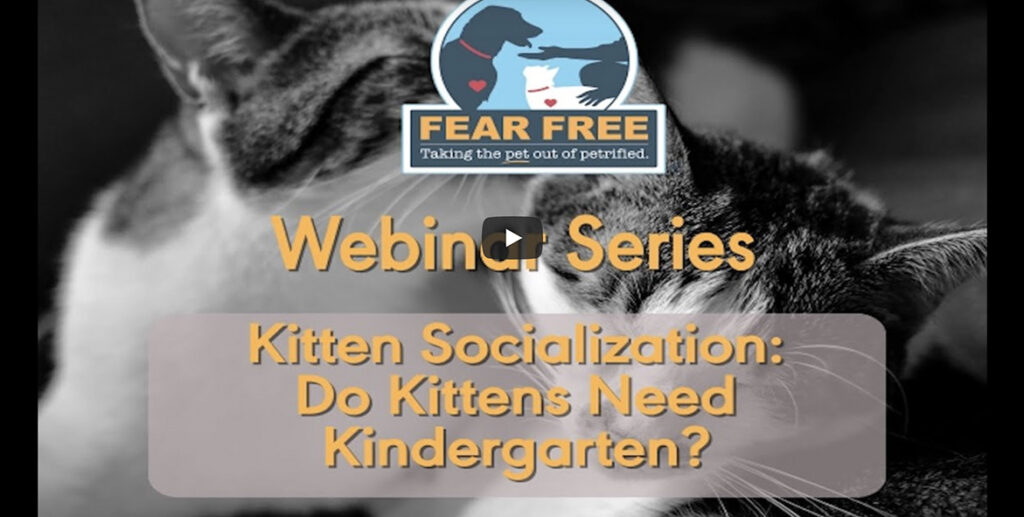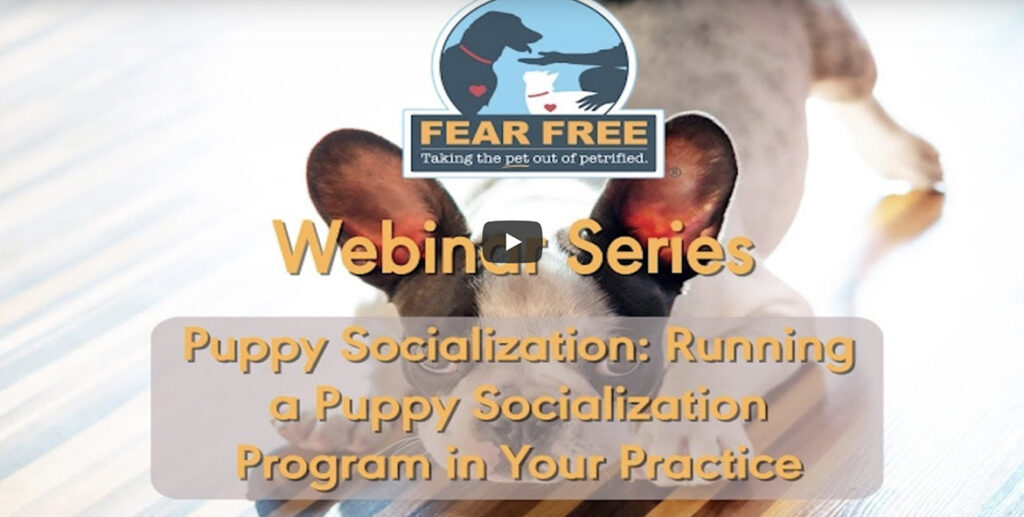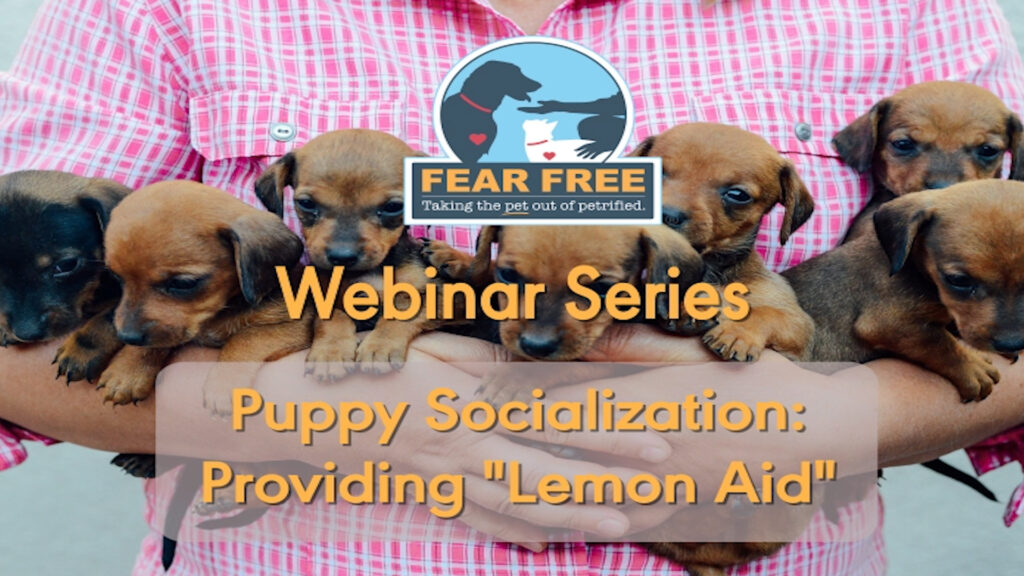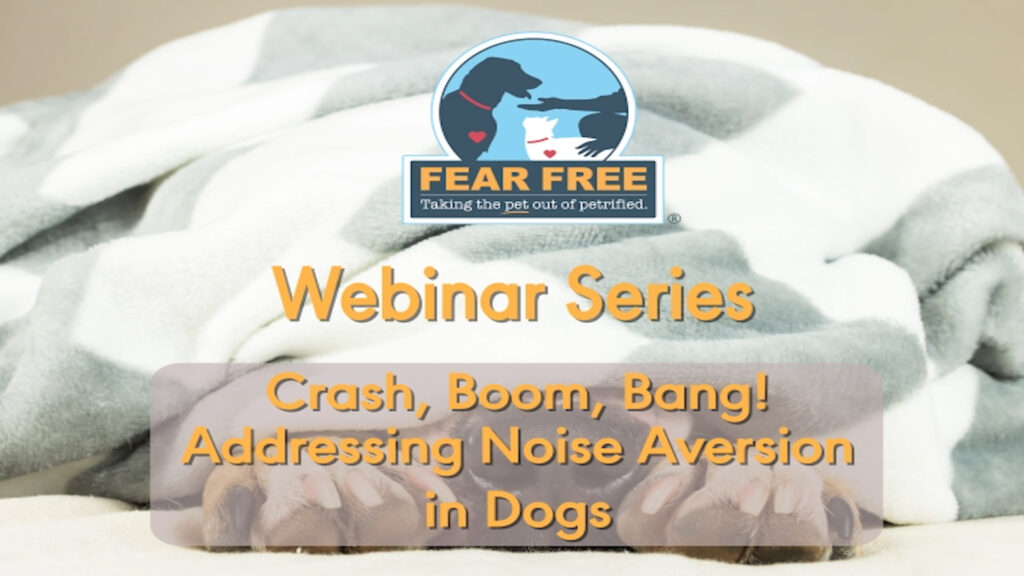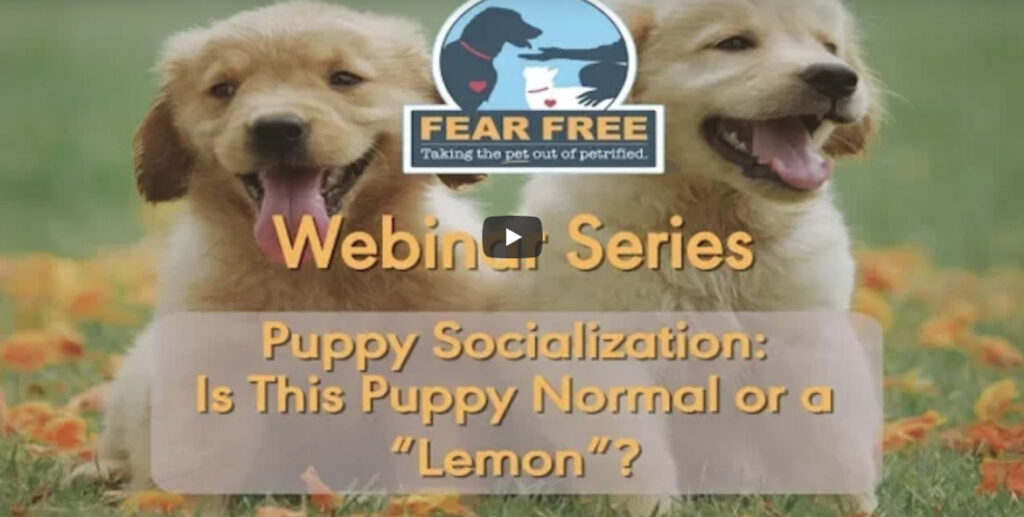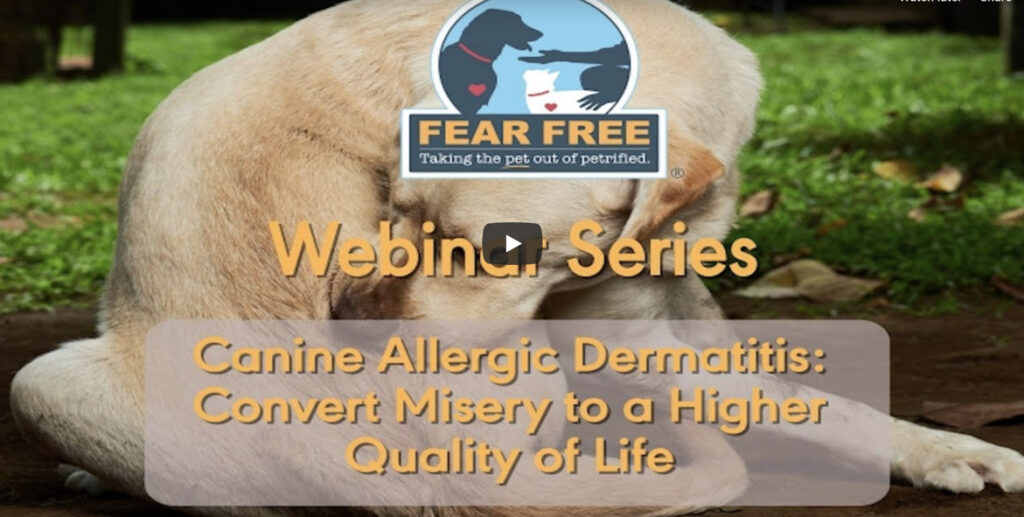
Canine Allergic Dermatitis: Creating a Higher Quality of Life for Everyone Involved
What better way to decrease stress than by increasing quality of life? In this webinar, Dana Liska, DVM, DACVD, expands the discussion surrounding canine allergic dermatitis and the stress chronic disease causes for dogs and for owners and veterinarians caring for them. She looks at data supporting an improved quality of life for everyone involved in the veterinarian-client-patient relationship.
Sponsored by Zoetis Petcare.

